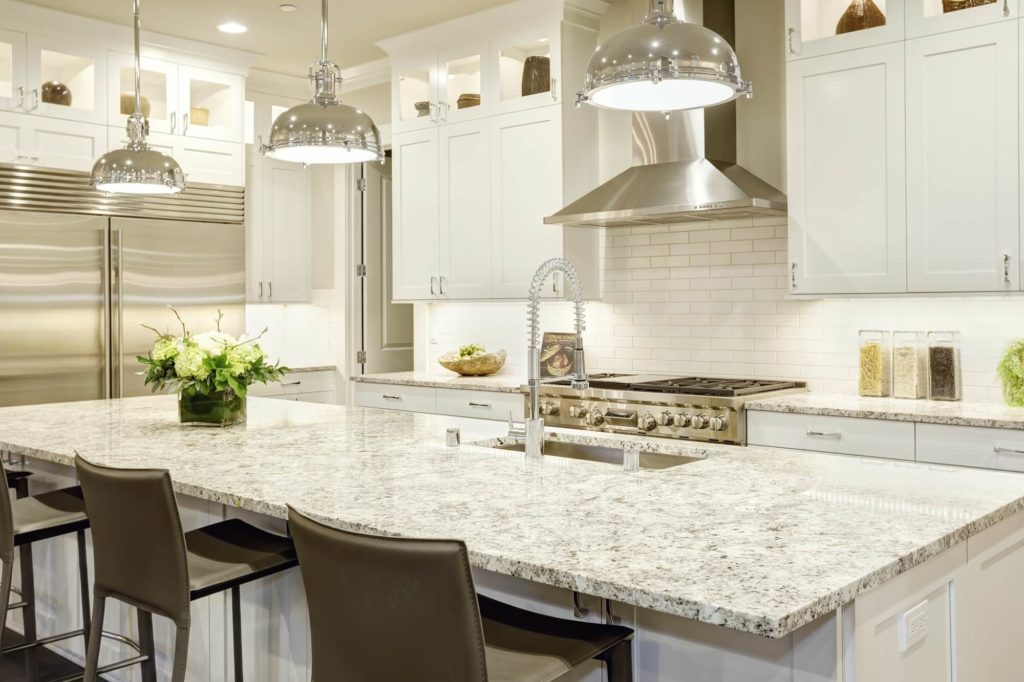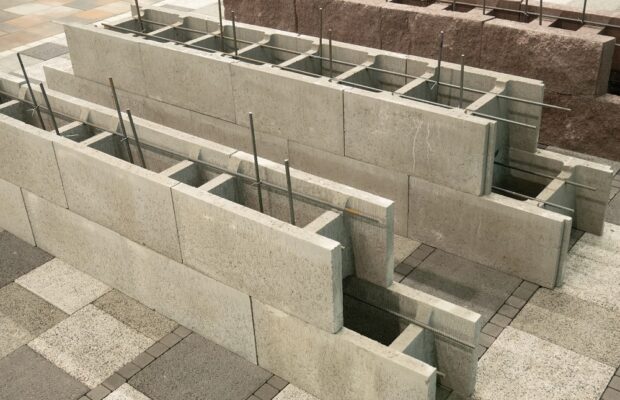A surprising amount of durability can be found in granite, making it ideal for use in high-traffic kitchens. Being close to a cooktop or briefly setting a steamy pan down won’t damage the surface because the material is heat-resistant.
Granite won’t be easily scratched either because it is a very hard material. Cooks who would use their knives carelessly on the work surface will actually find themselves in urgent need of a sharpener. Due to its density, granite is naturally stain-resistant, and regular maintenance will further lessen the likelihood of discoloration.
The strength and distinct natural beauty of granite slabs can significantly increase a home’s resale value. Comparatively speaking, granite is stronger and harder than marble. Granite sealing are an excellent good for large food preparation surfaces on its own merits of durability and ease of maintenance, but when you add its distinctiveness and stunning natural beauty, the result is unbeatable.
More About Granite
Being a natural stone, granite is extracted from the ground in enormous slabs that are then cut and polished. That is the entire process, so almost every surface is obviously completely unique. The majority of granite does not “need” sealing because it is very stain resistant. But many producers and installers do advise sealing as an extra safety measure. Quality typically decides this and applies sealer as necessary.
Granite sealing is a straightforward DIY task. Since natural stone cannot be over-sealed, many homeowners only seal their granite counters only few times in a year. However, if you prefer, you can seal them more frequently. Granite is extremely dense, so stains are unlikely, but because it is a natural stone, there may be some porous areas in a slab where stains could develop.
Indian quarries produce the stunning deep red granite “Imperial Red Granite” which also has black, white, and grey grains. Granite that is considered to be of high quality is typically of the highest calibre due to the uniqueness of both its appearance and its source.
If you don’t seal your granite countertops with a sealer (or wait too long to reseal them), they will-absorb liquids, food, and grease, leaving permanent discolouration on your countertop, absorb water, making the countertop appear perpetually soiled. You can give your granite a permanent seal, making your countertop completely maintenance-free.
In contrast to other sealers, permanent sealers only require a few coats and do not require reapplication at any point in the future. Granite’s significance as a construction material can be seen in both the ancient and contemporary worlds. Today, granite is frequently used to construct bridges, paving, monuments, and public buildings.
For the best results, you should be aware of the following before sealing your granite sealings:
- The material granite is porous.
- Cleaning Between Granite Sealings is Important
- Make use of secure, non-toxic sealants
You need to seal the granite every few months if it absorbs the majority of the water right away and leaves a dark stain or ring. Be sure to seek assistance from experts to learn more about this concept.



